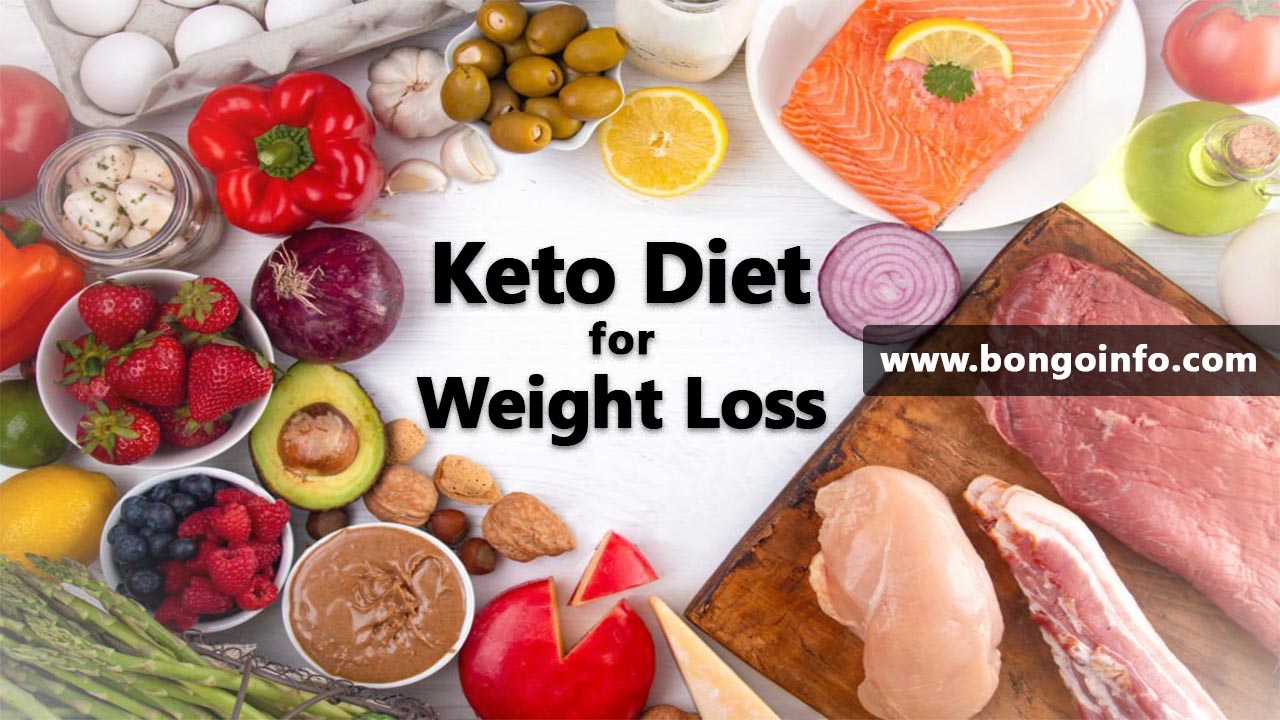How can diet affect women’s reproductive health?
A correlation exists between dietary nutrients and the fertility of both males and females. Recent research delves into the connection between improved fertility and reproductive health, and diets resembling the Mediterranean pattern, rich in unsaturated fats (such as plant oils, nuts, avocados), wholesome grains, vegetables, and seafood. Conversely, diminished reproductive outcomes are linked to higher consumption of saturated fats found in baked goods like cakes, biscuits, and pastries. When considering the interplay of a balanced diet and menstrual disorders, certain lifestyle adjustments are recommended to align with overall well-being. The influence of diet on conditions like endometriosis and uterine polyps causing heavy bleeding and pain is also documented, with surgical intervention considered if natural methods prove ineffective.

Factors such as lower socioeconomic status, inadequate nutrient intake for optimal reproductive health, lower educational attainment, and belonging to ethnic minorities may be connected to less hygienic eating habits and a higher body mass index (BMI), complicating the determination of precise causative factors. Seeking nutritional counseling and adhering to professional guidelines for infertility management is beneficial. Some nations, like the UK, touch upon the benefits of physical activity and dietary suggestions for addressing women’s health issues, although specific steps are often lacking, potentially posing challenges for regulations elsewhere. Diet substantially impacts metabolism, consequently influencing hormonal equilibrium and female reproductive well-being. This post explores research findings concerning the intricate relationship between diet and fertility, and strategies to promote sound health.
Examining the Influence of Polycystic Ovarian Syndrome (PCOS) on Fertility
One lesser-known capability of the reproductive system involves its ability to perceive and respond to nutrition, primarily through glucose metabolism. PCOS is a prime example of how nutrition, metabolism, and reproductive health intertwine. Affecting up to five million reproductive-age women in the US and contributing significantly to global infertility, PCOS underscores the importance of dietary considerations. PCOS disrupts typical ovarian function, leading to irregular periods, hormonal imbalances, and the development of multiple fluid-filled sacs within the ovaries. While the precise cause remains unknown, the condition is associated with abnormal hormone levels, particularly elevated insulin levels utilized in blood sugar regulation. Many PCOS patients overproduce insulin due to insulin resistance. Thus, guidance on dietary adjustments to enhance fertility while managing PCOS becomes crucial.
PCOS may also stimulate the growth of hormones like testosterone. Obesity-related insulin resistance can hinder fertility by impairing egg development or interfering with brain signaling pathways governing oogenesis, the process of transforming an egg cell into a potential embryonic precursor. The connection between diet and the menstrual cycle is further examined in individuals with PCOS.
The Significance of a Well-Balanced Diet for Reproductive Health
A link between nutrition and reproductive health manifests in how maintaining a healthy weight can potentially amplify fertility by improving insulin responsiveness within the body. Emerging research highlights the potential benefits of a Mediterranean-style diet, which enhances insulin sensitivity and supports overall health. This dietary pattern reduces the risk of metabolic conditions like type 2 diabetes, which is more prevalent among PCOS-affected women. PCOS has also been cited as a contributing factor to the termination of pregnancies due to a higher incidence of unintended pregnancies in affected individuals.
Cells responsible for producing reproductive hormones are sensitive to nutrients derived from the foods we consume, including glucose. The study captures the intricate interplay between hormonal equilibrium and dietary factors. Research investigates mechanisms suppressing fertility in response to decreased nutrient availability and the impact of excessive nutrient intake. Underweight women may also experience changes in their menstrual cycles, such as irregular or skipped periods.
Gonadotrope-Producing Cells and Pregnancy Prospects
Dr. Nicholas’s research team engineered gonadotrope-producing cells through laboratory models. These cells, situated in the pituitary gland near the brain, regulate hormonal production and influence numerous reproductive processes. They also play a role in addressing nutritional deficiencies and infertility in women. Certain neurons release gonadotropin-releasing hormone (GnRH), triggering the secretion of follicle-stimulating hormone and luteinizing hormone—essential for egg maturation and release from ovarian follicles—when acted upon by GnRH.
The study reveals that GLUT-1 proteins enable these gonadotropes to detect and respond to glucose availability. By understanding the connection between diet, menstruation, and disorders, achieving optimal health for pregnancy is feasible. Glucose instructs gonadotropes to synthesize and release hormones, shaping messages communicated to the reproductive system. The significance of proteins like GLUT-1 in metabolism and diet is underscored. A deficiency in GLUT-1, resulting in insufficient glucose transport from the bloodstream to body cells, can trigger a cerebral energy crisis and symptoms resembling epilepsy.
Utilizing dietary factors to manage ovulation-related medical issues, such as adopting a very low carbohydrate diet, highlights how dietary interventions can aid in addressing reproductive diseases like PCOS. A more comprehensive understanding of the dietary impact on reproduction could enhance nutritional therapies for reproductive disorders. A study conducted by Brazilian researchers (Neves et al., 2020) synthesizes clinical trial findings that explore the connection between PCOS and nutrition.
Diet’s Influence on Women’s Health and General Well-being
The research investigates dietary effects on pregnancy outcomes and PCOS-related impacts. Restricting overall calorie and carbohydrate intake may offer advantages. Glucose, derived from carbohydrate breakdown, serves as the primary energy source for the body. Insulin levels rise alongside blood glucose levels to facilitate glucose absorption by cells for energy. Reducing carbohydrates could potentially mitigate further increases in insulin levels in cases of pre-existing insulin resistance. Dr. Nicholas’s inquisitiveness extends to understanding the repercussions of weight, diet, and chronic inflammation on fertility. These factors hold significance for women affected by PCOS. Advancing anti-inflammatory treatments relies on comprehending the mechanisms underpinning inflammation, suggesting a possible nutritional impact on inflammation.
A Mediterranean-style diet, rich in antioxidants that safeguard cells from damage, may benefit women with PCOS and other inflammatory reproductive conditions. Antioxidants play a pivotal role in promoting women’s reproductive health by aiding the body in eliminating unnecessary substances. It’s notable that studies on type 2 diabetes and metabolism predominantly utilize male mice, excluding females due to unjustified reasons. This oversight underscores the need for comprehensive research encompassing both genders.
Conclusion
This research instigated interest in metabolic disease among females, the interplay of diet and hormone regulation, and the distinctive manifestations and impacts observed compared to males. Polycystic ovary syndrome, a metabolic disorder exclusive to females, constitutes a primary cause of infertility among women. The study’s objective also encompasses investigating nutrition’s role in fostering a healthy pregnancy, comprehending the dissimilarity in metabolic disruptions between females and males, and elucidating their implications for reproduction.






